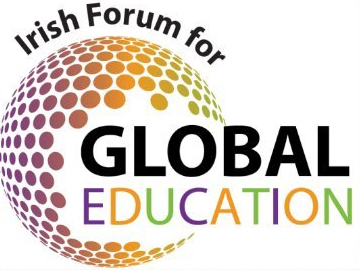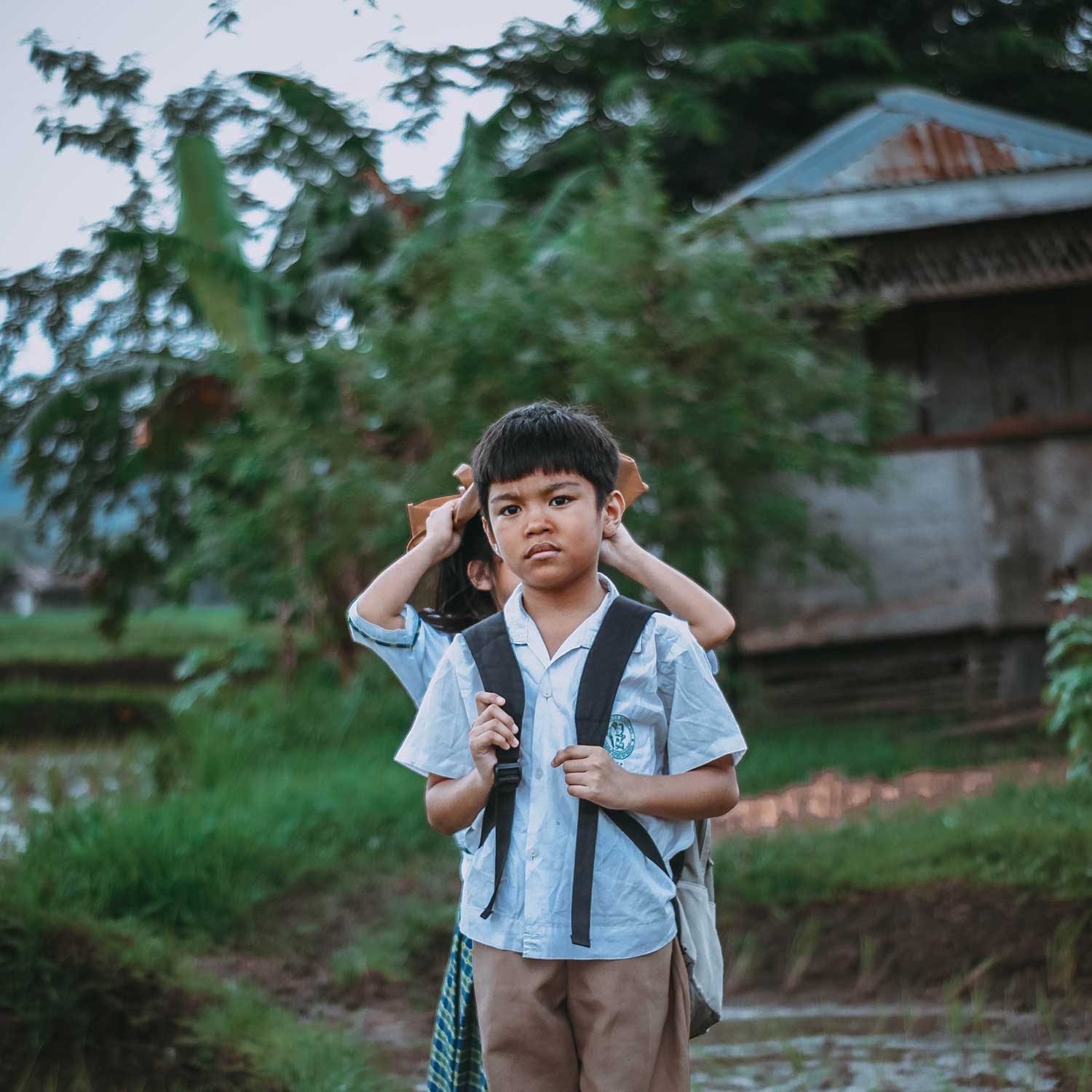On the 12th of June, the world marked Child labour, a day earmarked to highlight the plight of working children and to take action to eliminate child labour. The international labour organization (ILO) currently estimates 160 million children are in child labour, accounting for almost 1 in 10 of all children worldwide. This year’s focus has been on social justice and ending child labour in all its forms; however, as you will read below, progress is slow, and challenges are mounting.
The Irish Forum for Global Education (IFGE) has convened a lunchtime webinar titled” International Day for the Elimination of Child Labour”- a global event commemorated annually. Irish Civil Society, Irish Aid, politicians and academia were invited, with 21 participants attending. Three renowned experts, Dr Chris O’Connell of Comhlámh, David Joyce of the Irish Congress of Trade Unions and Diego López González of The International Trade Union Confederation, were invited; the main aim of the event was to possibly look at the progress towards the elimination of Child labour. This process has come to a halt due to a cocktail of challenges, including the Covid-19 pandemic and potentially the ever-increasing poverty in many parts of the world.
Child labour is a major barrier to the achievement of universal access to primary and secondary education. More than a third of all child labourers are out of school, while the majority who manage to combine work and school have poorer educational outcomes.
In Bolivia, for instance, legislation approved in 2014 has provisions allowing children as young as 12 years of age to work and enter into contracts. In his presentation, Dr Chris ( who has experience in the Latin America region and has extensively researched Bolivia) notes that Working children and adolescents are primarily human rights subjects, and the State is obliged to protect those rights, including the right to work and to participate in public life with their own opinion and participation; in short, addressing the regulation of child labour within a framework of human rights protection could imply a much more comprehensive framework of obligations’ compliance and exercise of rights. In Bolivia, UNICEF reports that 850,000 children are economically active; lessons learned in Bolivia’s Child labour include.
- Abolition alone is not effective.
- Estimates about the prevalence of modern slavery are, at the very least, questionable.
- Tendency to sensationalise these issues by multilateral institutions, national governments and the media
- Listening to the voices of survivors and those with lived experience is crucial.
Child labour is multi-faceted, and one aspect of looking at it, including the supply chain. David Joyce of ICTU has been instrumental in his work on corporate accountability and due diligence. the motion focusing on the role of the private sector in the abolition of child labour, he noted that there was a bullet point in the motion seeking to ensure that the private sector implements human rights due diligence and international responsible business conduct agreement between businesses, government unions and NGOs
He has informed that the duty to practise human rights due diligence has been part of The UN Guiding Principles on Business and Human Rights (UNGPs) introduced in 2011. Since then, it was also incorporated into a number of processes, including the OECD guidelines for responsible business and the ILO Tripartite Declaration of Principles concerning Multinational Enterprises and Social Policy, so in 2018 the OECD adopted due diligence guidance for responsible business conduct, which provided a kind of detail of step by step guide and how companies should avoid and prevent child labour situations in their supply chains and making sure good business conduct. However, research commissioned by the European Commission (EC) on options for regulating due diligence has found that only one-third of businesses do some form of due diligence. In the same study, 70% of European businesses agreed that an EU regulation on mandatory due diligence for human rights and environmental impacts could provide benefits for businesses leading to the proposal of a Corporate Sustainability due diligence directive or CSDDD.
Mr Diego Lopez of Alliance 8.7 has extensively explained the works of the alliance – a global Partnership that aims to achieve target 8.7 of the SDGs: eradicating forced labour, ending modern slavery and human trafficking, and prohibiting and eliminating the worst forms of child labour, including recruitment and use of child soldiers, and by 2025 ending child labour in all its forms.
He noted there are many challenges to ending Child labour, forced labour and forced marriages. To respond to these challenges, the alliance aims to bring o coordinated response at the global level by accelerating action – putting forward government strategies to achieve targets, conducting research and sharing knowledge, and driving innovation and leveraging resources.
In 2023, conflicts, crises and the COVID-19 pandemic have plunged more families into poverty – and forced millions more children into child labour. Promoting concrete actions to address root causes and advancing social justice is at the heart of the Durban Call to Action, adopted at the 5th Global Conference for the Elimination of Child Labour in 2022.


